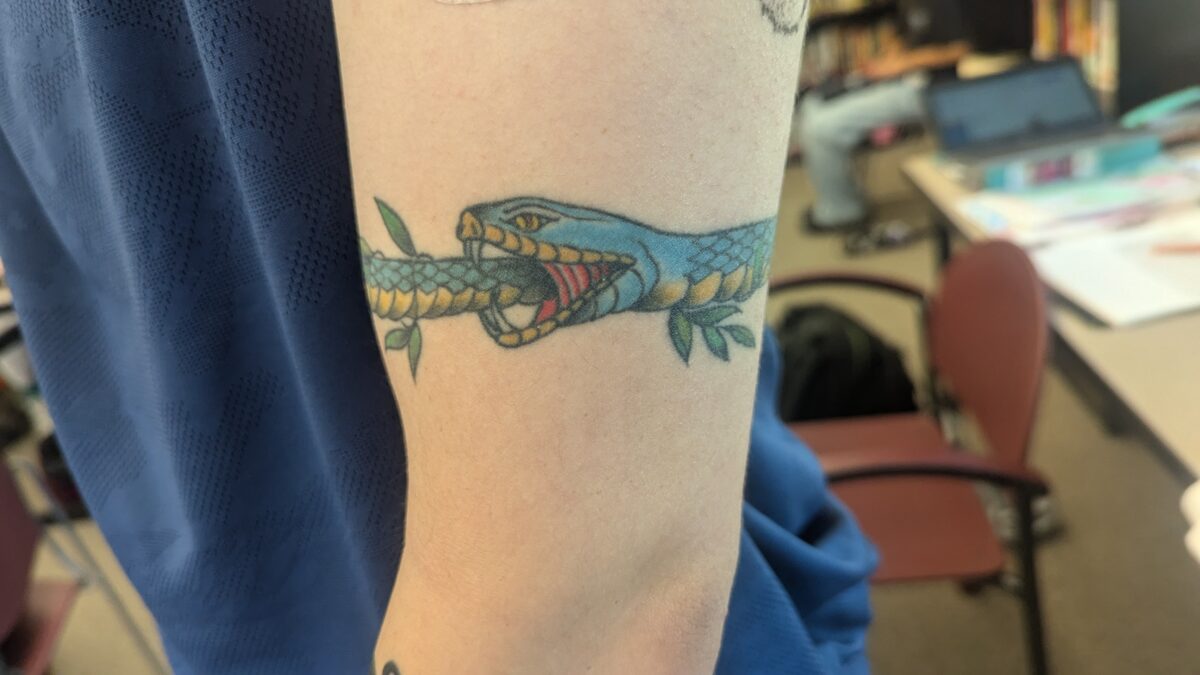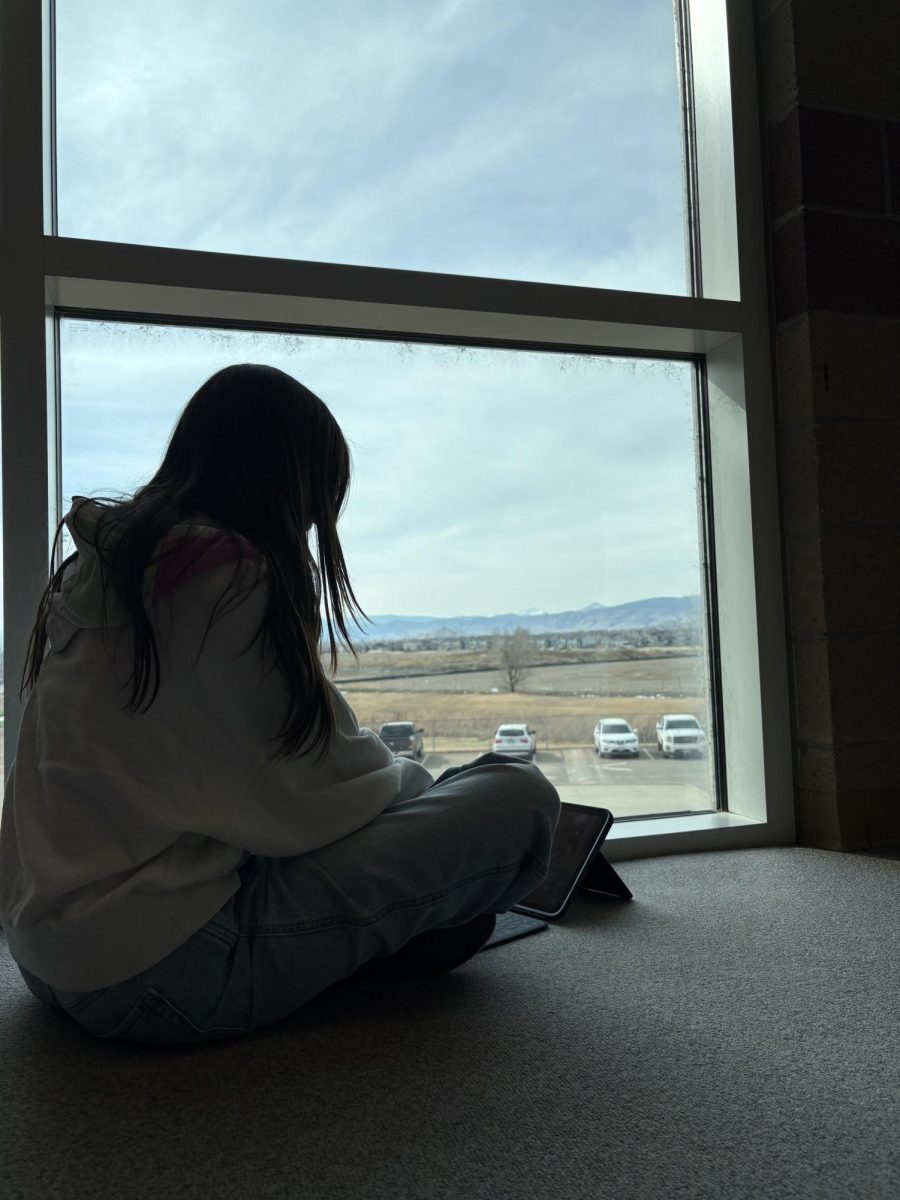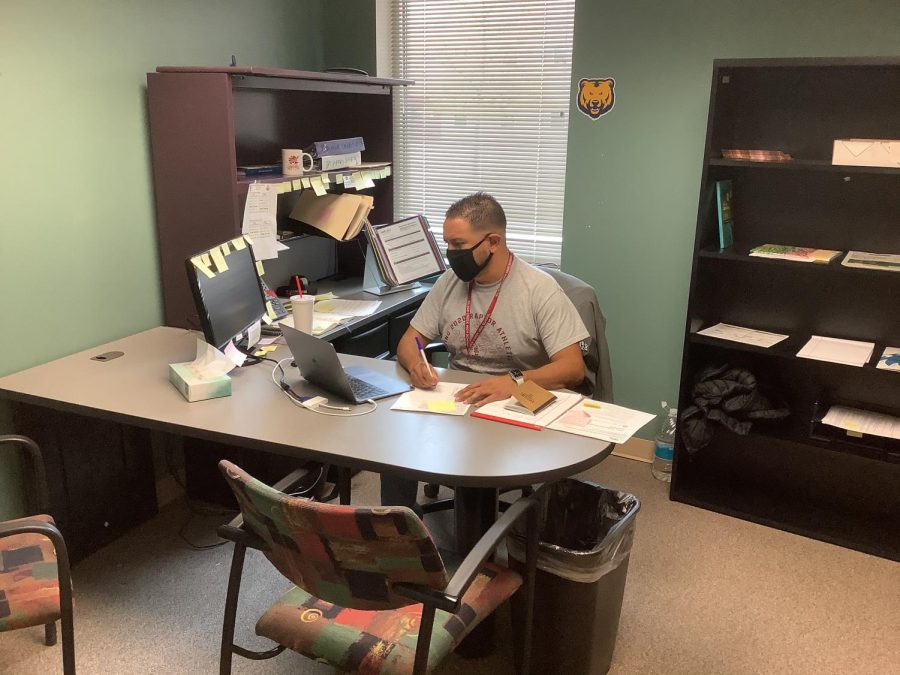On March 20th, 2025, President Donald Trump signed an Executive Order directing the Secretary of Education, Linda McMahon, to begin the process of dismantling the Department of Education, starting with defunding. The Executive Order didn’t specify which programs would be lost or who would be affected, though many speculated the cost to special education programs.
About 95% of U.S. special needs students attend public schools. The department’s defunding could lead to bigger classroom sizes and fewer services for special needs students, which would stunt their academic and social growth.
“What it means is it takes federal funding away from the State of Colorado [and other states as well],” Significant Support Needs (SSN) teacher Christopher Blair said. “For example, our speech pathologist has about 62 kids, and with the defunding, a person could get fired, and that caseload gets put on our speech pathologist.”
This means that the therapist supporting these students could either be out of a job or be overwhelmed with an already heavy-hitting workload they already have. So these students could receive not as in-depth therapy.
Silver Creek High School Environmental Science Teacher Ashlee Runyon’s son receives services from the state for support, like physical and occupational therapy. Her son has developmental delays, and without these therapies to help him reach a milestone, her son could be set back. She and her son go to a place that provides free therapy to families.
“The cuts that are scheduled to occur would mean his [physical therapy] visits would cost about $120 to $150 per session or about $400 bucks a week,” Runyon said.
The Individuals with Disabilities Education Act (IDEA) provides about $800 million to the State of Colorado. The act mandates the state to provide free education to students with disabilities from the ages of 3 to 21.
“I have 13 kids in my class, what it [what it could mean] now is that my students will still be in class, now I’m just going to have 13 more students, but they will get these services, but they’re not going to be receiving those individualized services,” Blair said.
It is very important for these students to receive in-depth education services, like having an individual connection with the instructor, because it allows them to be more connected and it allows them to understand what they are trying to teach them.
“What might happen is [my daughter] Nevaeh might lose full funding for her 18 to 21-year-old program, and that could mean she’s done with school,” parent Lisa Sutorius said.
Nevaeh has Down syndrome and other disabilities. She is non-verbal and she needs occupational therapy to help her thrive in the world and in the last three years of school.
“It sucks as a teacher but in Colorado, it’s concerning but not as bad as Texas, where it will be worse,” Blair said.
Colorado received about $1.3 billion in education funding from the federal government, and Texas received about $14.2 billion in federal funding for the Department of Education in 2023. Either way, each state will be losing federal funding.
“I’m very fearful for my student, all the other students around the country, and their future as a person,” Sutorius said.











































![Hosting the SCLA Casptone Mentor Dinner outside allowed for more attendees on September 27, 2021 at Silver Creek. This event would’ve usually been held inside. According to Lauren Kohn, a SCLA 12 teacher, “If we have a higher number of people, as long as we can host the event outside, then that seems to be keeping every[one] safe”.](https://schsnews.org/wp-content/uploads/2021/11/sxMAIGbSYGodZkqmrvTi5YWcJ1ssWA08ApkeMLpp-900x675.jpeg)








